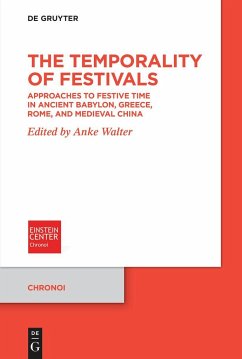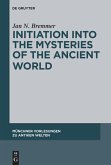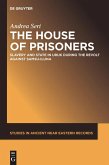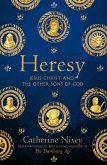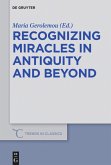How can time become festive? How do festivals manage to make time 'special', to mark out a certain day or days, to distinguish them from 'normal', everyday time, and to fill them with meaning? And how can we reconstruct what festive time looked like in the past and what people thought about it?
While a lot of research has been done on festivals from the point of view of several scholarly disciplines, the specific temporality of festivals has not yet attracted sufficient attention. In this volume, scholars from different fields provide answers to the questions raised above, based on a fresh analysis of astronomical documents, calendars, and literary texts. Cultures as diverse as ancient Babylon, Greece and Rome, and medieval China all share a sense of calendrically recurring festive time as something special that needs to be carefully mapped out and preserved, often with great sophistication, and that gives us precious insights into the broader religious, political, and social dimensions of time within past cultures.
Hinweis: Dieser Artikel kann nur an eine deutsche Lieferadresse ausgeliefert werden.
While a lot of research has been done on festivals from the point of view of several scholarly disciplines, the specific temporality of festivals has not yet attracted sufficient attention. In this volume, scholars from different fields provide answers to the questions raised above, based on a fresh analysis of astronomical documents, calendars, and literary texts. Cultures as diverse as ancient Babylon, Greece and Rome, and medieval China all share a sense of calendrically recurring festive time as something special that needs to be carefully mapped out and preserved, often with great sophistication, and that gives us precious insights into the broader religious, political, and social dimensions of time within past cultures.
Hinweis: Dieser Artikel kann nur an eine deutsche Lieferadresse ausgeliefert werden.

